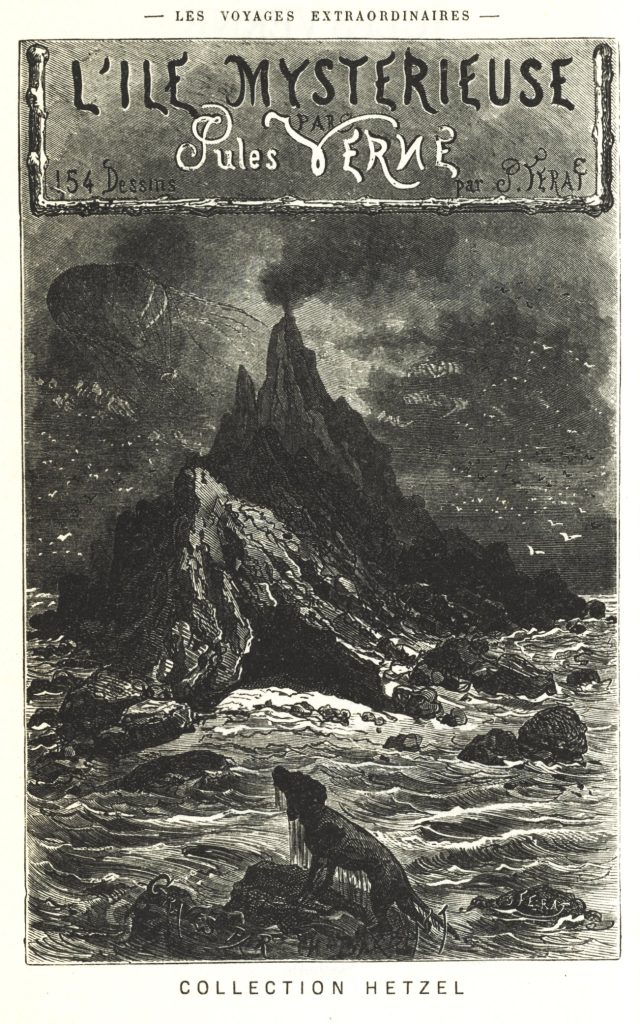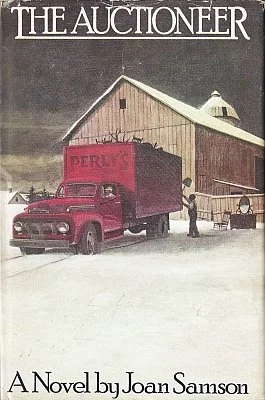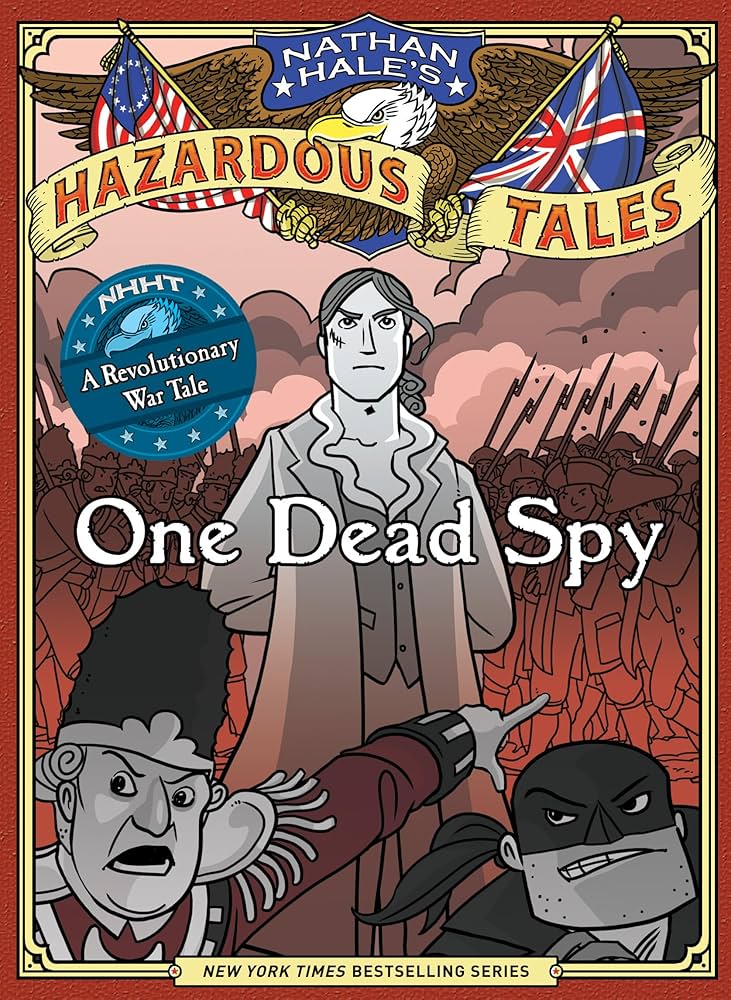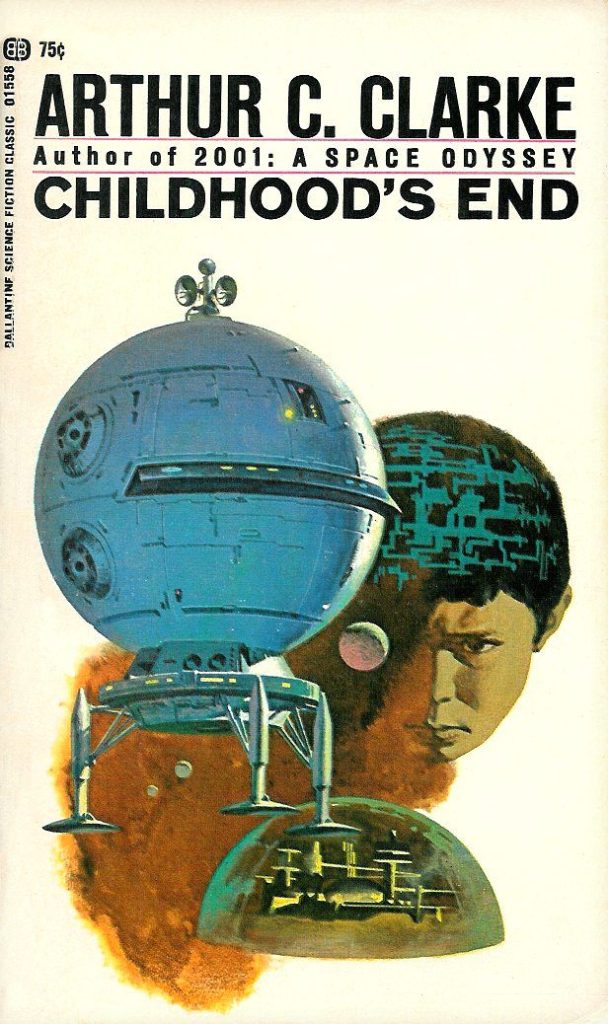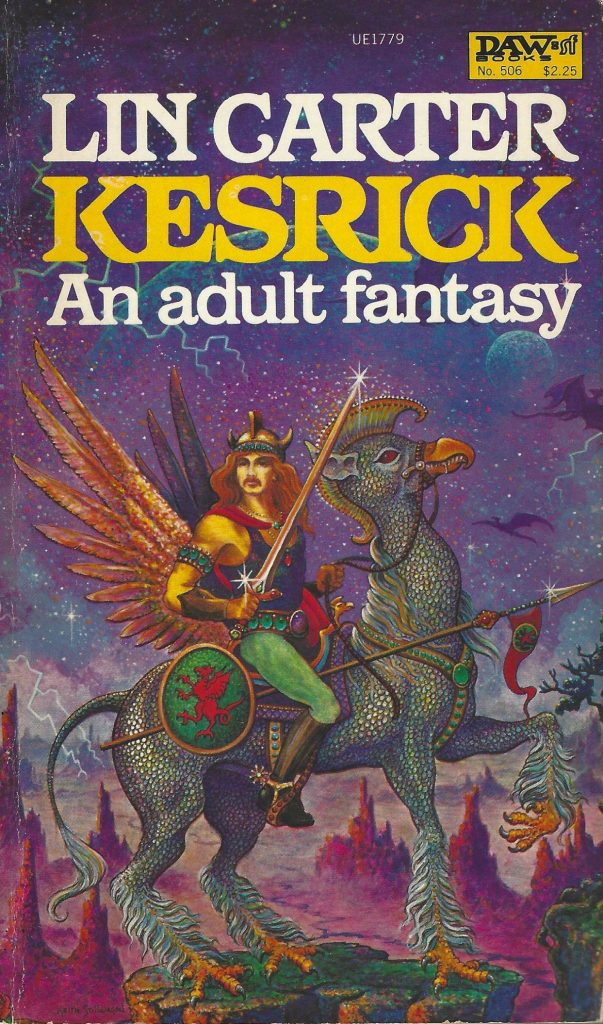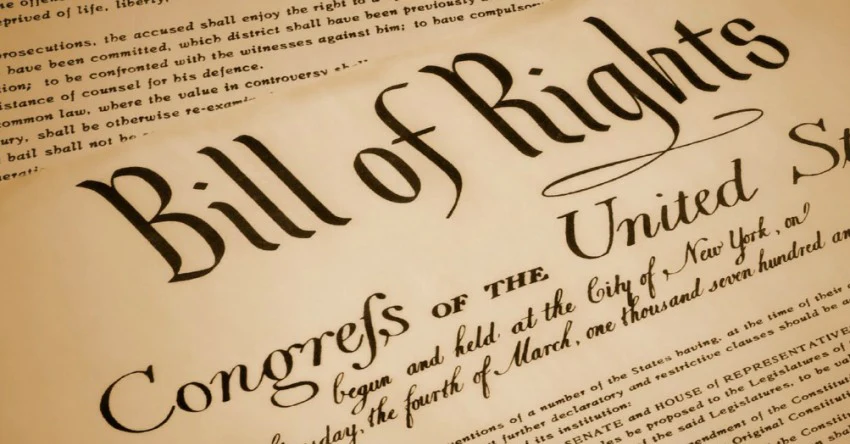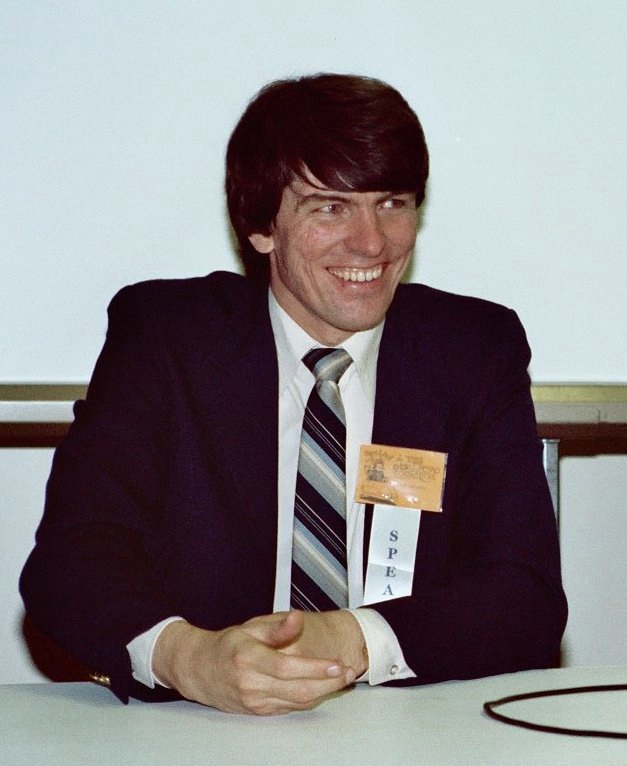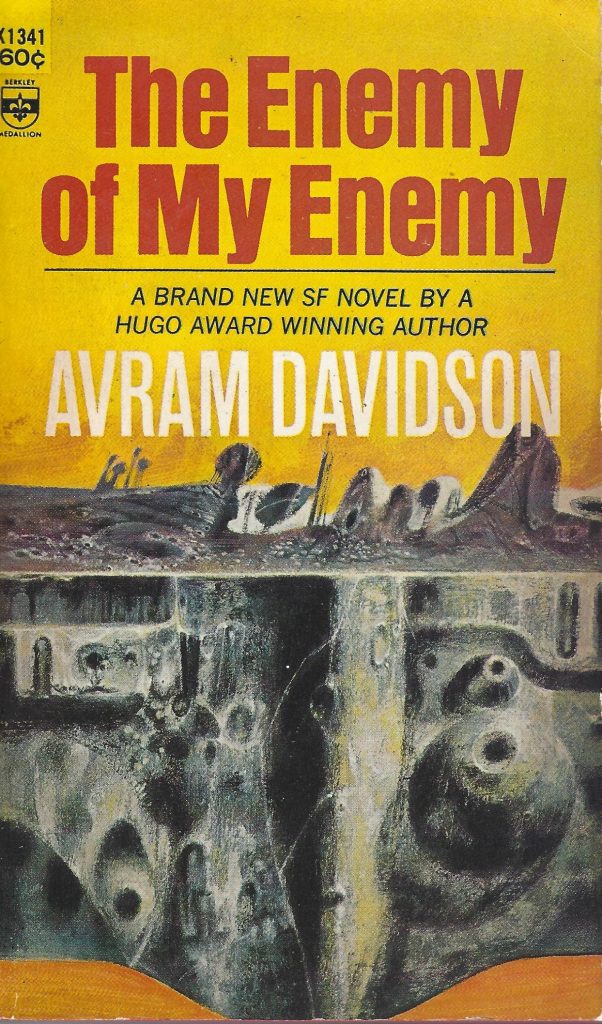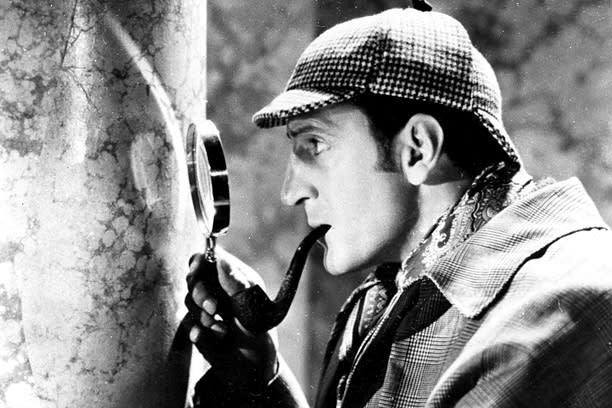A Boy Scout’s Handbook: The Mysterious Island
One of the more popular time-wasting activities these days is the “desert island” game, where people compile lists of books, albums, and movies that they could in no instance dispense with, works that they would take with them if they had to be exiled for life on a desert island. In this exercise, esthetic or just plain entertainment qualities reign supreme, but if we were talking about surviving on an actual island, uninhabited, unsettled, untamed, practical considerations would come to the fore; I don’t think The Sopranos would be of much use when it came to building a shelter or planting a crop, and as for Survivor, is there anything more contrived than a “reality” show? (My actual TV choice, Green Acres, would be marginally better but still likely inadequate.)
As for books, I recently read something that would definitely make the real desert island cut — Jules Verne’s The Mysterious Island. It’s a veritable Swiss army knife of a book, full of useful hints and practical advice, whether you want to lower the level of a lake, make nitroglycerin, cook a capybara or construct a seaworthy, two-hundred-ton ship from scratch. It’s a book no Boy Scout should leave home without.
Published serially in 1874 and 1875, The Mysterious Island is a classic Robinsonade, a genre named after Daniel Defoe’s 1719 novel Robinson Crusoe. Robinsonades are books in which people are shipwrecked on isolated islands or stranded in other remote areas and are thrown back almost entirely on their own resources. Inherently dramatic, such stories have proven enduringly popular, with examples such as Johann Wyss’s The Swiss Family Robinson, R.M. Ballantyne’s The Coral Island, and William Golding’s Lord of the Flies rarely if ever falling out of print.
